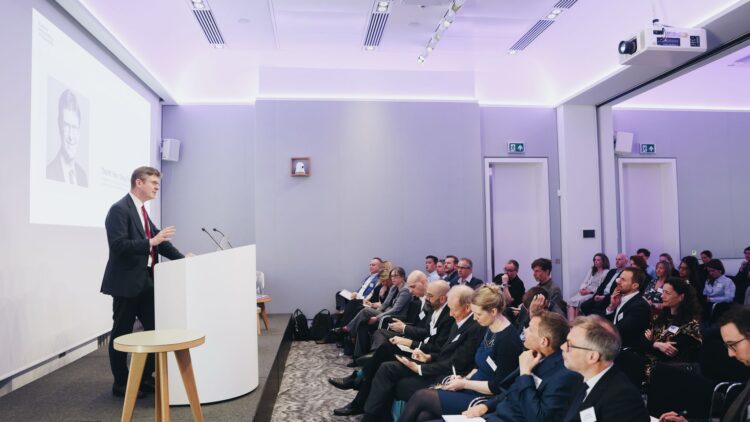1 April 2025
Simpler process for UK manufacturing businesses to measure emissions
The Carbon Accounting Programme has developed a simpler standard approach to encourage businesses not currently required to measure their emissions to consider measuring them.

A simpler way for UK manufacturing businesses to measure their carbon emissions across their products’ lifecycle has been unveiled today, cutting through the complexity of more than 570 different approaches currently being used across industry.
Funded by Innovate UK, the Carbon Accounting Programme was established in 2022 and has brought together expertise from five Catapults to help manufacturers gather a more accurate picture of their greenhouse gas emissions, including those which they cannot directly control after a product has been sold (Scope 3).
Led by the High Value Manufacturing (HVM) Catapult, the programme has also recommended the creation of a body similar to a carbon regulator to set the standards for carbon accounting methods for UK industry, enhancing transparency and consistency on emissions reporting.
Base Materials in Leicester is one of the companies the programme has helped. Managing Director, John Miller, said:
Sustainability is a big focus for us as a business, with carbon accounting a key element of our strategy to decarbonise our operations, processes and supply chain. By clearly understanding our emissions and identifying our hotspots, we can actively work towards reducing our carbon footprint and impact on the environment.
“Working with HVM Catapult on the programme has given us a clear baseline to build on and actionable insights, enabling us to make data-driven decisions.
HVM Catapult’s Programme Director for Carbon Accounting, Russ Hall, said:
Feedback we’ve received from manufacturing businesses has revealed a lot of frustration around a lack of consistency in getting emissions information. An abundance of standards, tools and guides means carbon accounting is seen as complex and time consuming. Our task was to address that.
“Making it easier for businesses to obtain information about their activities is the first step and the framework is a major step towards this. But this extends beyond net zero too – it helps identify hotspots for emissions which can drive investment decisions by highlighting inefficiencies in their operations which could well cost them money.
Ben Shafran, Head of Markets, Policy and Regulation at Energy Systems Catapult, has been leading on the work around the carbon regulatory body and said the creation of a carbon regulator would set the standard for measuring emissions in the UK. He said:
With growing awareness of sustainability around manufactured products, it is in the interests of businesses to measure their emissions even if they are not legally required to do so at the moment. A carbon regulator would create a level playing field in terms of what is reported and how, reducing cost and administrative burden for businesses.
“We propose the regulator should be independent of industry and government and also be an advisor to government on emissions reporting. It would also be a world first because no other country has established such a body – and yet there is a clear need.
The UK has a target of net zero carbon emissions by 2050 with five interim targets up to that time.
The programme has drawn upon expertise from across the Innovate UK Catapult Network, industry and academia to develop a simpler standard approach to encourage businesses not currently required to measure their emissions to consider measuring them.
It looks across the three categories of greenhouse gas emissions:
- Scope 1 – direct emissions from activities directly controlled by a business, such as burning fuel to generate heat for manufacturing
- Scope 2 – indirect emissions associated with the provision of energy used to make goods and purchased from a third party, such as steam, heat or electricity
- Scope 3 – embodied emissions produced by another business to make a product that a second business or other party uses.
The carbon accounting guide can be downloaded from the programme’s dedicated website along with a range of other resources and information, including data on carbon emissions by industry sector, gathered and analysed by the University of Leeds.